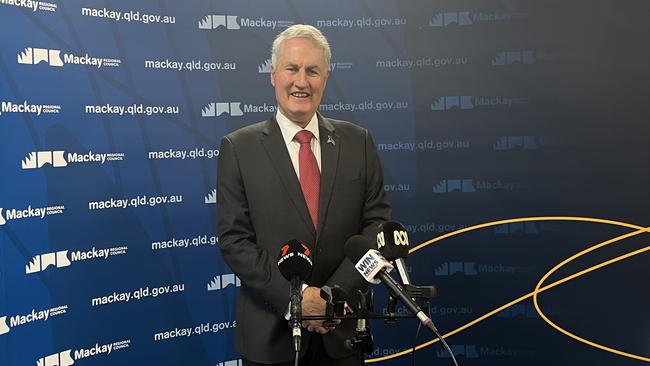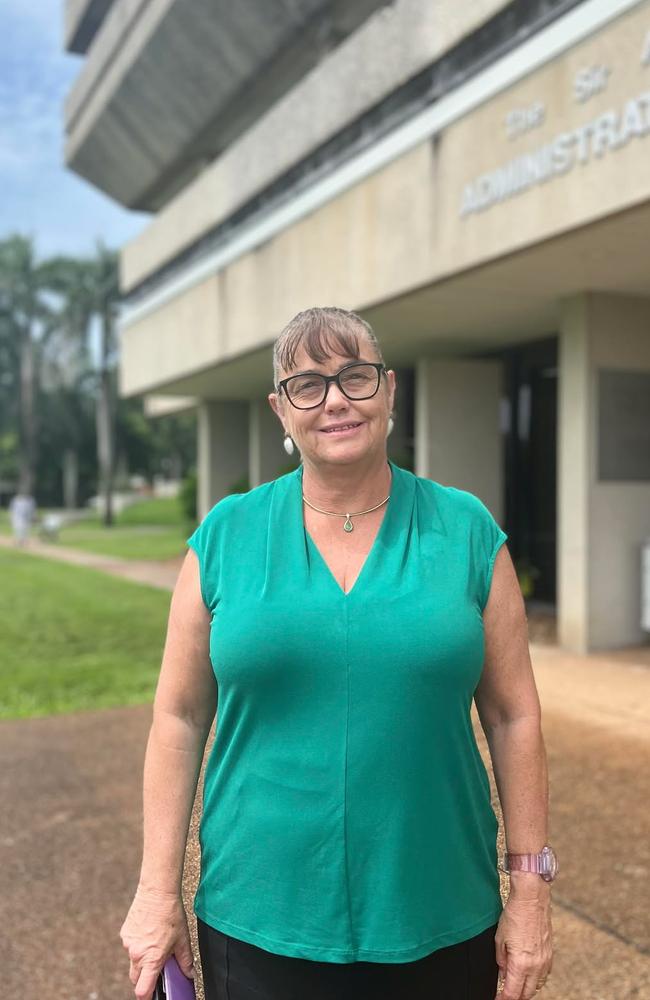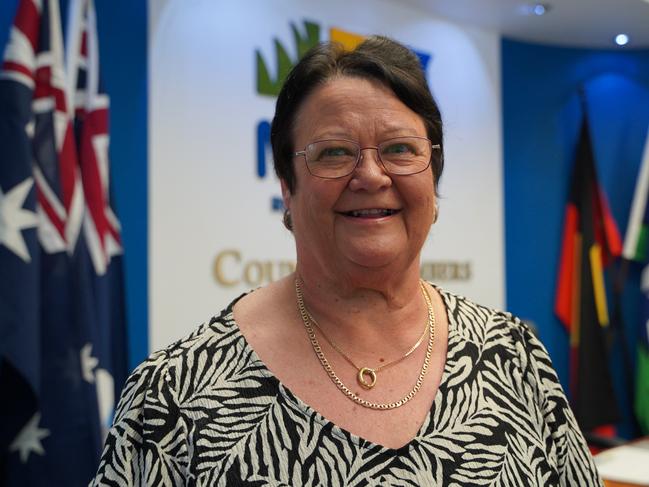Community consultations to gauge how Mackay’s councillors are elected
A low-cost preliminary consultation program was given the green light during Wednesday’s council meeting in a move which could spark the changing course of a 17 year long electoral system. VOTE IN OUR POLL

Mackay
Don't miss out on the headlines from Mackay. Followed categories will be added to My News.
Mackay residents will have their say on whether they support reintroducing divisional representation.
A preliminary consultation program described as “low-cost” was given the green light during Wednesday’s council meeting in a move which could spark the changing course of a 17 year long electoral system for the Mackay Regional Council.
The transition into a divided electoral arrangement would see representatives elected to their respective division as opposed to the current system where councillors are openly elected to represent the whole region.
Cr Alison Jones, who put forward the proposal for community consultation, said she was inspired to raise the issue when local residents she’d spoken with didn’t even know which councillor represented them.

“I feel that the community should have a local representative,” she said.
The Mackay Regional Council’s current system came into existence in 2008 after the amalgamation of the former Mackay City Council, the Mirani Shire Council, and Sarina Shire Council.
It followed 94 other local government areas and 20 Indigenous councils in a statewide reform that saw the formation of the current 77 councils.
As one of the mayors involved with the amalgamation of the Mackay Regional Council, Deputy Mayor Karen May argued against putting it to the public saying there was no reason to scrap a system that had “worked very well for us”.
“The reason for the undivided council was about fair and equitable representation,” she said.
“Those outlying areas would be flat out having one divisional councilor in a couple of those areas so you may end up with very biased opinions on decision making.”

But Cr Jones said that the same system she voted for 17 years ago failed to hold councillors accountable for the entire region and left areas unrepresented.
“My understanding is that basically, councillors come in and all they want to do is look after their own patch. That is not following the oath that a councillor takes,” she said.
“You have to follow your oath and councillors in the past have not followed their oath.
“Unfortunately, the people that then miss out are the community.”
She said by looking at online surveys, social media and through community forums, council could get a broad scope of community sentiment around the issue causing minimal damage to the budget.
“The motion that I put forward today was all about not putting the expense on council and ratepayers, it’s ‘lets just see what the sentiment is’,” she said.
Cr Belinda Hassan who voted against the motion along with Cr Marty Bella and Cr May said the community forums would still be a waste of council time and money.
“We have put something in place and I have no desire to go back,” she said.
“I’m not sure we are not going to reach a big enough sample of the community to get a realistic perspective.”
Mayor Greg Williamson supported the preliminary consultations to “test the waters” adding that there were compelling arguments for and against the divisions.
He said one benefit would be to bring the cost of campaigning down significantly with candidates not having to campaign for the outer regions.
He added that divisions could work well in large urban areas where there isn’t the broad scope of footprint like Mackay’s 42 communities stretching over 7600 kms.
“If you only had one councillor to talk to, you’d have to rely on that councillor to put your case forward to convince the rest of them.”
It is unclear how the Mackay region would be divided under the plan nor how many councillors would represent each district.
Council CEO will prepare a report containing the community engagement results no later than the June ordinary meeting to decide on whether to go forward with any formal review of the electoral system.





